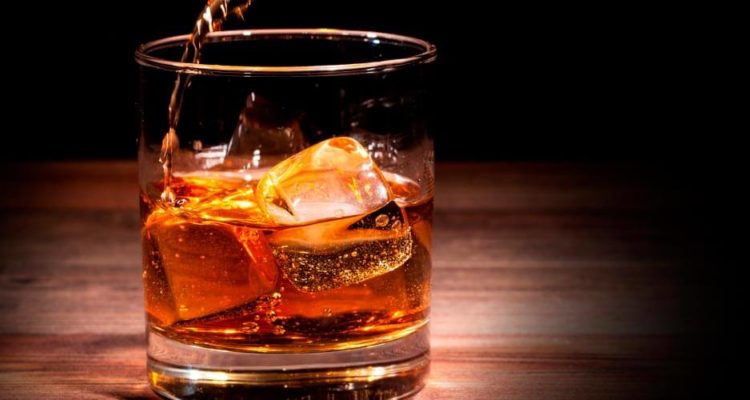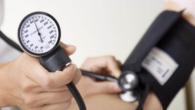
How exactly alcohol affects the body: minute by minute
0
Have you thought , what happens in your body when you drink alcohol?
So you've taken your first sip of an alcoholic beverage. Over the next few hours, many chemical reactions will take place in your body.
After 1 minute, the alcohol will flow down your throat and into your stomach. What happens next will depend on what you ate and your body type. If you have eaten recently, the alcohol will spread more slowly through your body, as some of the drink will be absorbed by the food that is being digested in your stomach.
After 3 minutes, more and more alcohol will start to enter your bloodstream and penetrate cells throughout your body. However, at this stage, you are unlikely to feel the effects of the alcohol.
Surprisingly, alcoholic beverages with an alcohol content of 20-30% are absorbed by the body faster than stronger drinks. That is, if you drink a glass of port wine, you will get drunk faster than from the same amount of whiskey.
After 5 minutes, you will begin to feel the effects of alcohol on your body. If you mix it with sparkling water, it will be absorbed even faster. Chemical reactions begin to occur in your body. They will affect your feelings, mood, and ability to balance.
After 10 minutes, alcohol begins to affect your blood vessels. They dilate, which is why your skin turns red. You also feel warmer, as alcohol is considered a vasodilator.
It is known that the female body reacts to alcohol consumption a little differently than the male body. The average woman has less water in her body, which is used to dilute the alcohol absorbed into the blood. As a result, the concentration of alcohol in the blood becomes high faster in women. In addition, the female body, on average, produces fewer special enzymes than the male body that break down ethanol.
15 minutes after drinking alcohol, your mood improves. This is because alcohol triggers the production of dopamine and serotonin. At the same time, alcohol suppresses the areas of the brain responsible for speech, vision, and coordination.
20 minutes after drinking alcohol, the liver begins to process it. On average, it can metabolize about 30 ml of alcohol per hour. In addition, about 8% of the alcohol consumed is eliminated through breathing (exhaling it).
After 25 minutes, you will notice that your cheeks have become slightly red and you will start to have some cognitive impairment. You will also likely feel the need to go to the bathroom more often than usual due to the active work of your kidneys. This can also lead to dehydration. Therefore, it is recommended to drink water with your alcoholic beverage.
After 30 minutes, your liver will still be working more actively than usual. If your liver cannot cope with the processing of alcohol, this will lead to poisoning.
Changes at this time also occur in the brain. At first you feel fine, but it's just an illusion: your brain cells are actually being damaged.
After 45 minutes, your condition will depend on how much you drank. If it is several portions in a gulp, then there will be a lot of alcohol in the blood, and if you had a drink from time to time, then the level of alcohol in the blood will be quite low. Blood alcohol level determines how much damage will be done to your brain.
The very first stage of intoxication includes such signs as a slight change in thinking and reaction speed. In the second stage, you will feel euphoric, relaxed and confident. In the next stage, your vision will deteriorate, you may also start to make rash decisions, and your reaction will slow down a lot. At this stage, you may also feel nauseous. But when your blood alcohol level reaches 0.18 to 0.3 ppm, many areas of your brain will already have difficulty functioning. In addition, in this case, your coordination will be impaired, you may faint for a while or lose your memory. If your blood alcohol level is more than 0.25 ppm, this will put you at risk of poisoning. And at 0.35 ppm in your blood, you can fall into someone and even die.
After 60 minutes, your body will actively work to get rid of the alcohol. Liquor will take an hour to process, beer will take two hours, and wine will take three hours.
Three hours later, when you get home, you will realize that you cannot sleep. In addition, you will feel dizzy and nauseous. The thing is that alcohol prevents the brain from transitioning from wakefulness to sleep.









Leave a Reply